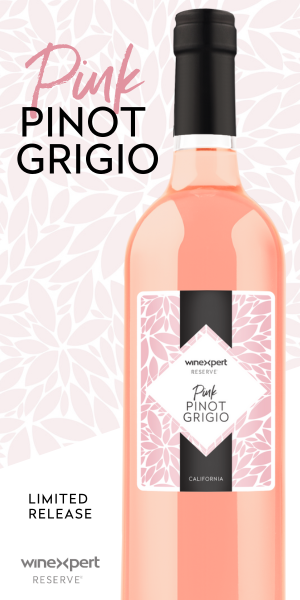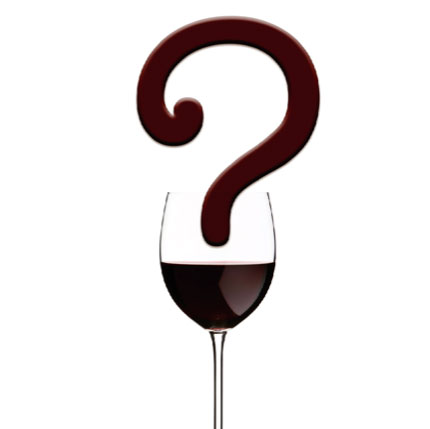Hangover Myths Revealed
Q: I recently read an article about how “natural” wines don’t cause hangovers (“The No Hang-over Wine” by Jordan Salcito from the news/ opinion website The Daily Beast). Is this true?
— Lindsay McKenna • Los Gatos, California
A: I just read the article you refer to, which seems to claim that “natural wine” (an ill-defined term, which in the article seems to mean “minimal sulfites added except at bottling” or “wine made from grapes, yeast and little else” — which, as an aside, defines almost all wine) doesn’t cause hangovers. The definition of “natural wine” is fodder for further articles because of the confusion (and lack of scientific, objective facts) surrounding the issue. But in our remaining column space, let me get down to the proverbial brass tacks and answer your question — is it possible there are wines out there that, because they lack certain components or weren’t “manipulated” (again, no good definition), don’t cause hangovers? Note that these are table wines with “normal” alcohol levels, i.e. 12.5% ABV and not specifically low-alcohol wines.
I forwarded the article to Dr. Linda Bisson at the Department of Viticulture & Enology at UC-Davis. She replied: “I looked at this article and have to say I think it is irresponsible to suggest that you can drink as much “natural” wine as you want and never get a hangover — the real hangovers are based completely on level of ethanol consumed, innate metabolic rates and dehydration of tissues — it has nothing to do with other components in the beverage.”
I have to admit I agree with Dr. Bisson. Even if a wine has less sulfur dioxide (or less tannin, less oak . . .), it still contains plenty of alcohol, which is what causes intoxication, dehydration and hangovers. I would hate for someone to read this article and get the impression that just by choosing certain brands over others they could blissfully ignore the fact that ethyl alcohol, whether lab-distilled so it contains no compounds other than carbon, hydrogen and oxygen (is that “pure” enough for you?) or delivered in an aqueous solution of Domain Jean-Louis Chave (one of the “natural wines” cited in the article), will still get you drunk. It’s like suggesting that because you drive a Volvo (a vehicle marketed as one of the “safest” on the road) you can blithely tear up the road at 90 miles an hour on a rainy night while texting your BFF.
Before everyone starts talking about all those suspicious sulfites and other “added ingredients” in wines that really cause the hangovers and wine headaches, let’s delve a little deeper. Sulfites are not the culprit of “wine malaise,” there is less than 0.1% of the population with a true “sulfite allergy” and these people lack the digestive enzyme sulfite dehydrogenase and also know to stay away from things like beer, dried fruits, cheese, deli meats and a host of other foods, all of which can contain sulfur dioxide. There is also no such thing as a wine free of sulfur dioxide, because yeast naturally produces 10 ppm or more sulfur dioxide as part of the fermentation process. Indeed, our own bodies are awash with sulfites. Dr. Andrew Waterhouse, a colleague of Dr. Bisson, explains, “Most studies of sulfites overlook the fact that we produce almost a gram of sulfites in our cells every day. Thus a few milligrams from a glass of wine, etc. is hardly going to overload our natural systems for breaking down the sulfite.” White wines actually tend to be fermented and bottled with more sulfites than red wines.
Dr. Bisson believes that biogenic amines are largely the culprit, saying, “Histamines are the main cause of headaches in people susceptible to such headaches, not SO2.” Ironically, biogenic amines and histamines are much more likely to be elevated in wines that are not inoculated and that have inadequate sulfur dioxide, two hallmarks of many self-proclaimed “natural wines.” Sulfur dioxide helps promote clean fermentations and its use in winemaking actually contributes to lower levels of biogenic amines and histamines.


